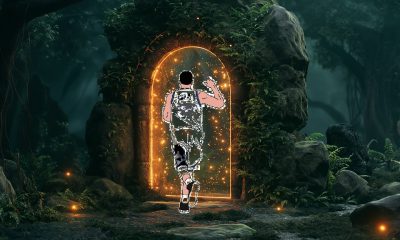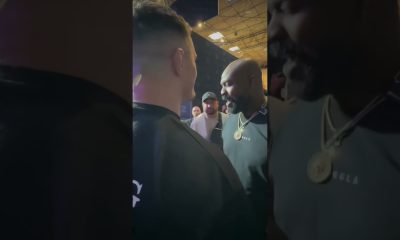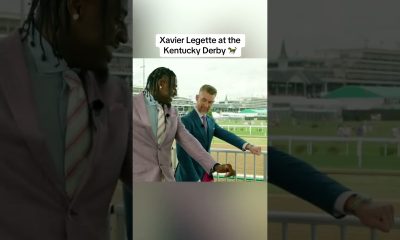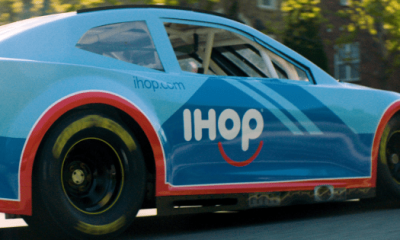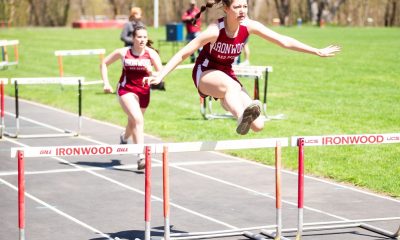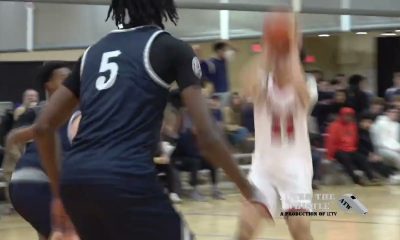Jun. 7—Joe Knight has spent nearly eight months preparing for this.
On Friday evening, U.S. Judge Claudia Wilken granted final approval for the NCAA’s settlement of three antitrust lawsuits — known colloquially as the House settlement — paving the way for universities to share revenue directly with student-athletes under a new enforcement system, along with several other changes.
It’s the moment Knight, the executive director of Dawgs Unleashed, has been waiting for since he was hired in October 2024.
“This is our proactive reaction to what we knew was coming,” Knight said.
The settlement contains three main parts: approximately $2.8 billion in back pay for former student-athletes who participated in NCAA sports between 2016-24, a revenue-sharing system with an enforcement entity for current student-athletes and roster limits in place of scholarship limits.
Dawgs Unleashed is Washington’s internal name, image and likeness (NIL) and influencer marketing division, one of the most notable new additions to the UW athletic department, formed in preparation for the settlement’s approval. Knight described Dawgs Unleashed as an internal NIL collective, seeking opportunities for student-athletes to earn money off their NIL with local businesses.
“UW and Seattle, there’s nothing like it,” Knight said. “We’re so inextricably married. The corporations and the student body within Husky athletics, there’s such a unique opportunity for us to really do this in an effective way.
“I don’t think anyone is as well positioned as the Huskies in this new era.”
Starting July 1, Washington and other universities around the country can share up to $20.5 million with their student-athletes.
UW athletic director Pat Chun reiterated Washington’s intention to “distribute maximum allowable revenue share” in a statement Friday evening. In a letter to Husky fans Saturday, he requested donations to UW’s Go Big campaign to help offset some of the costs of revenue sharing.
“Our campus and athletic leadership have prepared for today’s outcome for months,” he wrote. “UW remains steadfast in its commitment to supporting our athletic programs at the highest level and shaping the future of college athletics. With the leadership of our University, the dedication of our donors, and the passion of Husky Nation, we are well positioned to elevate the student-athlete experience and showcase Washington on the national and global stage.”
Dawgs Unleashed isn’t involved in revenue sharing. Instead, Knight’s group will deal with the additional changes related to student-athlete compensation.
Along with laying the groundwork for revenue sharing, the settlement created a new enforcement entity to bring some order to the NIL landscape. The College Sports Commission — a non-NCAA entity run by Bryan Seeley, a former assistant U.S. attorney who spent more than a decade as MLB’s vice president of investigations and deputy general counsel — will ensure universities stay under the revenue-sharing cap.
It’s also charged with monitoring NIL deals through a Deloitte-run clearinghouse called NIL Go. Student-athletes must report any agreements worth $600 or more to the technology platform, which determines if the deal provides reasonable compensation for the job offered. Knight said he believes creating rules for the NIL space is essential to creating a more level playing field in college athletics.
NIL Go potentially rules out charitable donations, the most-common contributions received by Montlake Futures, UW’s official third-party NIL collective, and places emphasis on corporate sponsorship.
“As an employee of the UW, as an alum, as a fan of the UW,” Knight said, “I think Washington succeeds in a model in which there are rules, and there’s enforcement of those rules.”
That’s where Dawgs Unleashed comes into play. Knight’s group hopes to help UW student-athletes navigate NIL Go and connect them with corporate sponsorship opportunities. Knight said Dawgs Unleashed will serve as representation for any student-athletes who don’t already have agents, particularly those who play Olympic sports.
He also stressed that, as an internal division of UW athletics, Dawgs Unleashed has direct access to Seattle’s business network and the Tyee Club. Knight added UW’s new multimedia rights deal has emphasized creating NIL sponsorship opportunities for student-athletes instead of simply creating corporate partnerships for the athletic department.
“In Seattle, on Montlake, there are true NIL corporate sponsorship opportunities for all student-athletes,” he said.
Knight, who graduated from UW in 2016, and the Husky athletic department started seriously preparing for the settlement’s approval in August 2024. Knight previously served as director of corporate sponsorship and development at Seattle U. He returned to his alma mater in 2021 to work as a major gifts officer in UW’s fundraising department.
Since becoming the Dawgs Unleashed executive director, Knight has focused on building his department’s infrastructure. He hired two NIL analysts, Derek Sullivan and Cody Scott, who will serve as operations managers, too. Knight also added creative content specialist Nicole Sasu-Twum and director of digital and NIL strategy Sam Schwartz. Knight said having a team already in place has been extremely helpful, especially as final approval of the settlement dragged into June.
Additionally, Dawgs Unleashed has spent the past several months integrating into the athletic department. Knight said they’ve met with each of the varsity coaches and programs at UW to explain what they can offer student-athletes. They’ve worked with Cameron Foster, UW’s newly hired senior director of contracts and cap management, to look through agreements and make sure they’re prepared for NIL Go’s scrutiny.
Finally, Knight said Dawgs Unleashed is closely tied to Boundless Futures, the leadership and professional development program run by student-athlete academic services. Through Boundless Futures and Amy Landram, UW assistant athletic director of student-athlete development, Knight said they want to teach financial literacy and responsibility.
Some of their work has already started showing results. Dawgs Unleashed helped facilitate corporate sponsorships with CVS Pharmacy, Adidas, Starbucks, Gatorade and Simply Seattle among others, Knight said. He added it’s just the beginning now that the settlement has been approved.
“Who knows what the next big domino to fall is, or the next big hill to climb is,” he said. “But I do feel confident that we’ve established the structure — the bones — here on Montlake to right the ship through any storm.”
Roster limits
The final piece that held up the settlement’s approval involved roster limits. Teams are no longer restricted to a set number of scholarships. Instead, every sport has a specific number of players who can all receive athletic financial aid at the program’s discretion.
Walk-ons were severely affected, with many schools cutting their roster spots in preparation for the settlement’s approval. However, Wilken directed these players, now known as designated student-athletes, be allowed to return or play for a new school without counting against the roster limits.
Here are the scholarship limits for UW’s varsity sports:
* Baseball: 34 roster spots. Previously 11.7 scholarships.
* Men’s basketball: 15 roster spots. Previously 13 scholarships.
* Women’s basketball: 15 roster spots. Previously 13 scholarships.
* Beach volleyball: 19 roster spots. Previously six scholarships.
* Men’s cross-country: 17 roster spots. Previously five scholarships.
* Women’s cross-country: 17 roster spots. Previously six scholarships.
* Football: 105 roster spots. Previously 85 scholarships.
* Men’s golf: nine roster spots. Previously 4.5 scholarships.
* Women’s golf: nine roster spots. Previously 6 scholarships.
* Women’s gymnastics: 20 roster spots. Previously 12 scholarships.
* Men’s track and field: 45 roster spots. Previously 12.6 scholarships.
* Women’s track and field: 45 roster spots. Previously 18 scholarships.
* Men’s rowing: Not subject to roster limits because men’s rowing is not an NCAA sport. However, men’s rowers do count in UW’s Title IX numbers.
* Women’s rowing: 68 roster spots. Previously 20 scholarships.
* Men’s soccer: 28 roster spots. Previously 9.9 scholarships.
* Women’s soccer: 28 roster spots. Previously 14 scholarships.
* Softball: 25 roster spots. Previously 12 scholarships.
* Men’s tennis: 10 roster spots. Previously 4.5 scholarships.
* Women’s tennis: 10 roster spots. Previously eight scholarships.
* Women’s volleyball: 18 roster spots. Previously 12 scholarships.
© 2025 The Seattle Times. Visit www.seattletimes.com. Distributed by Tribune Content Agency, LLC.

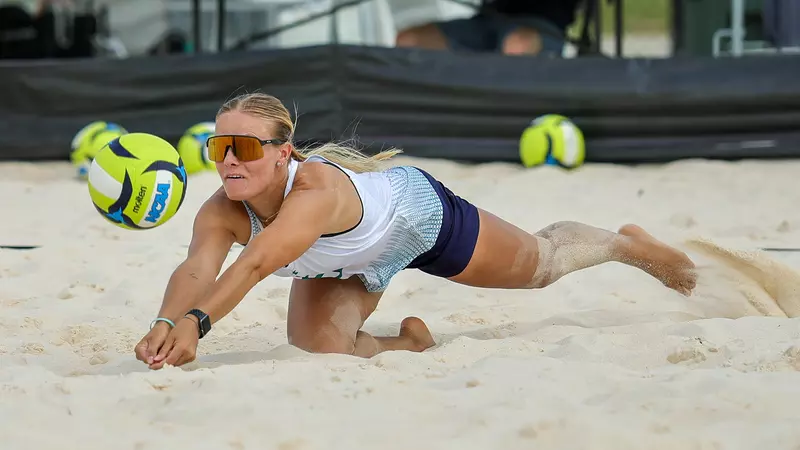

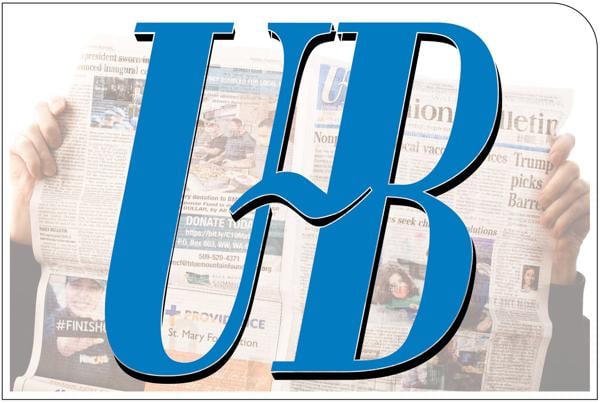
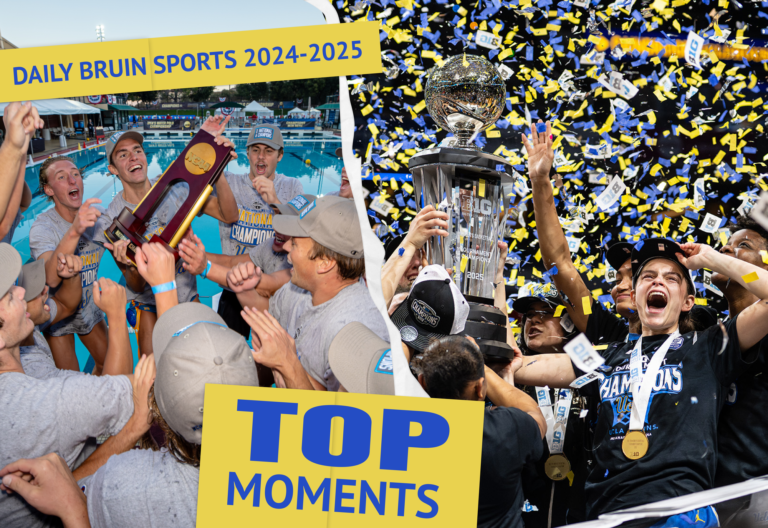
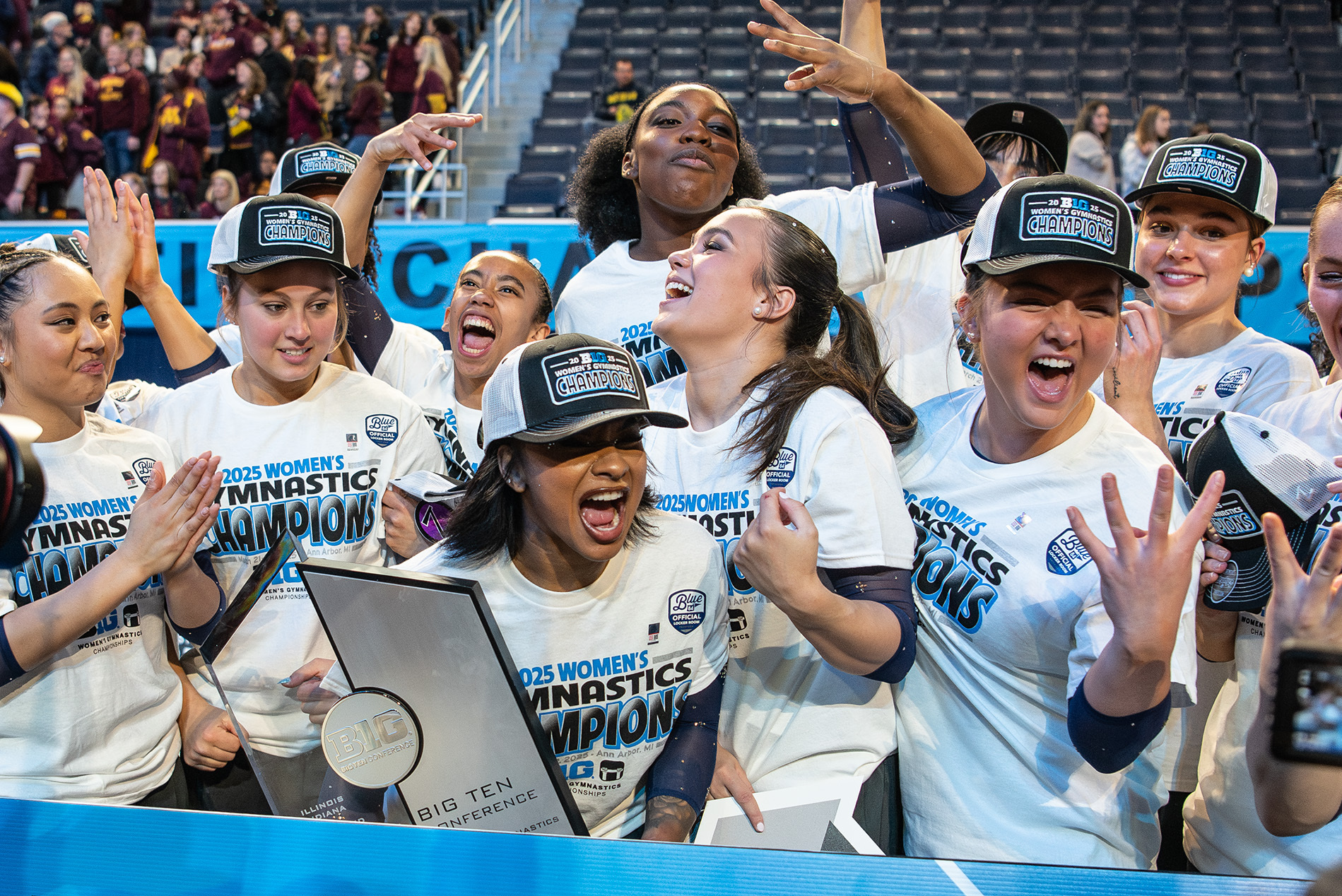
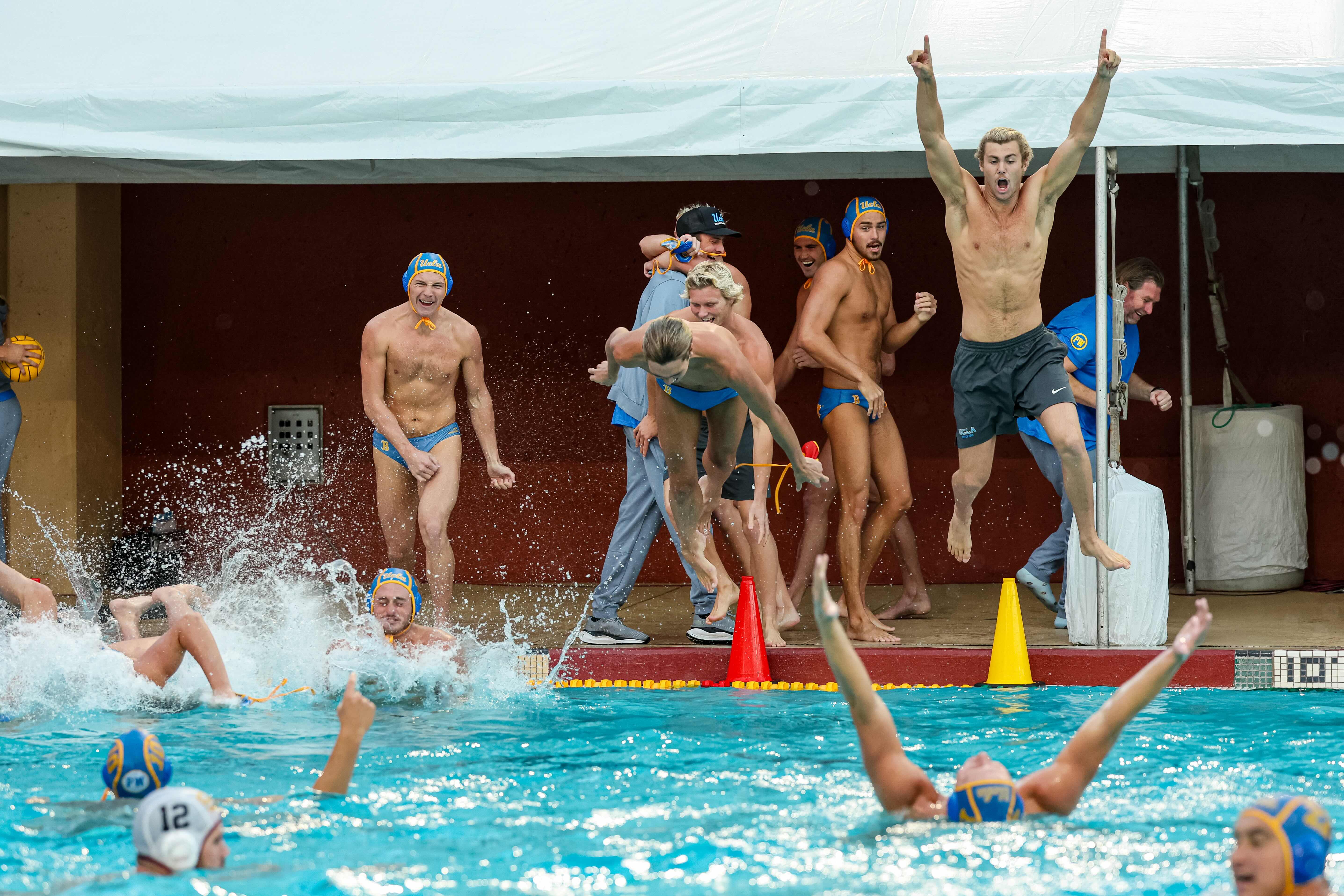


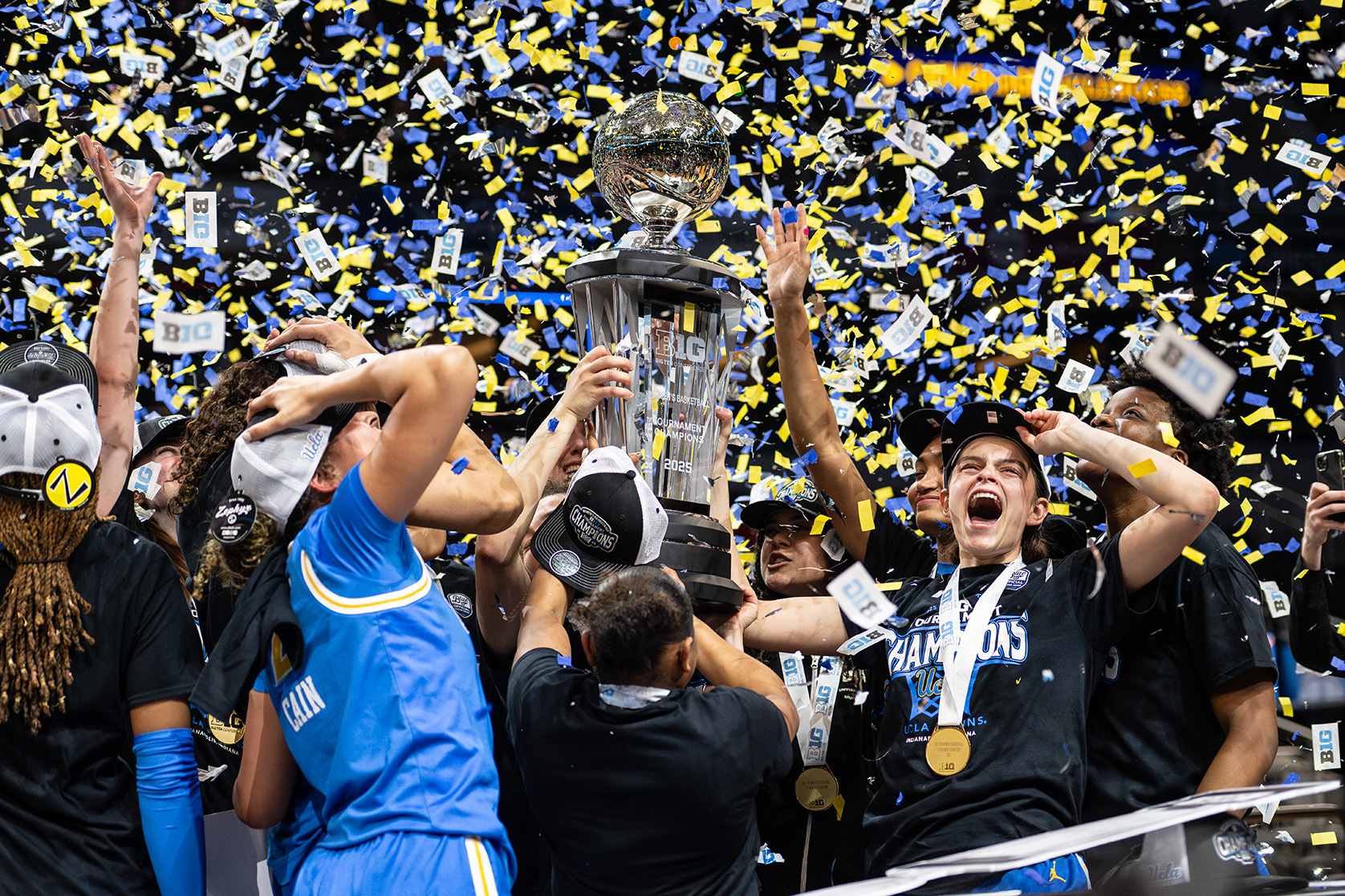
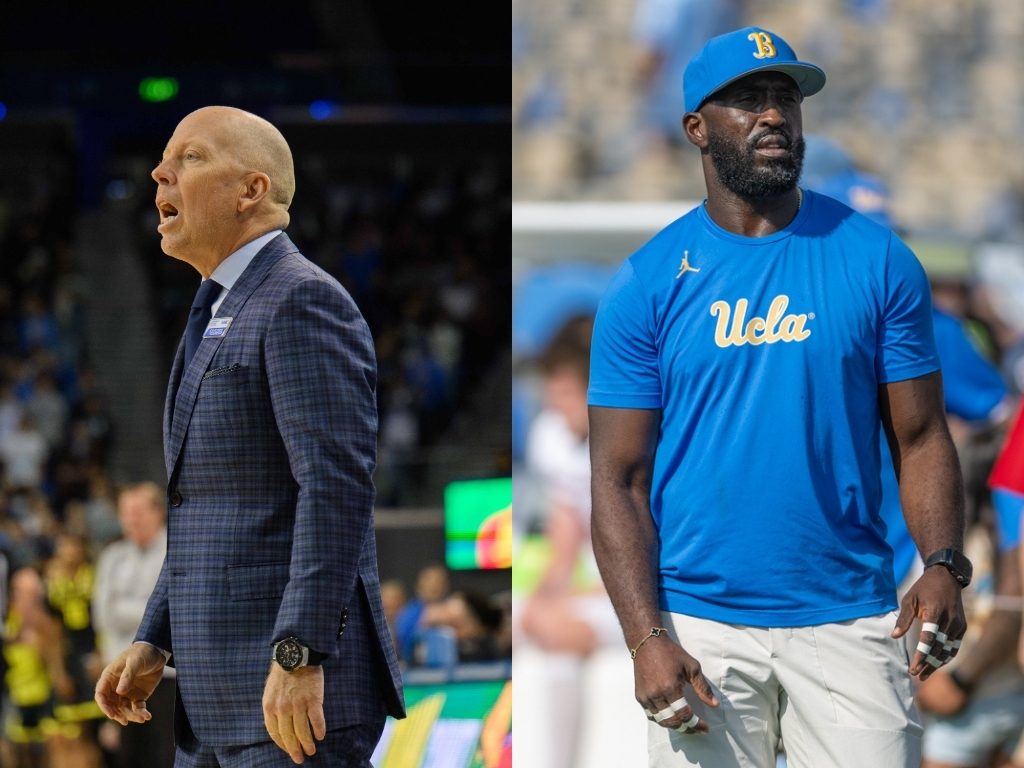
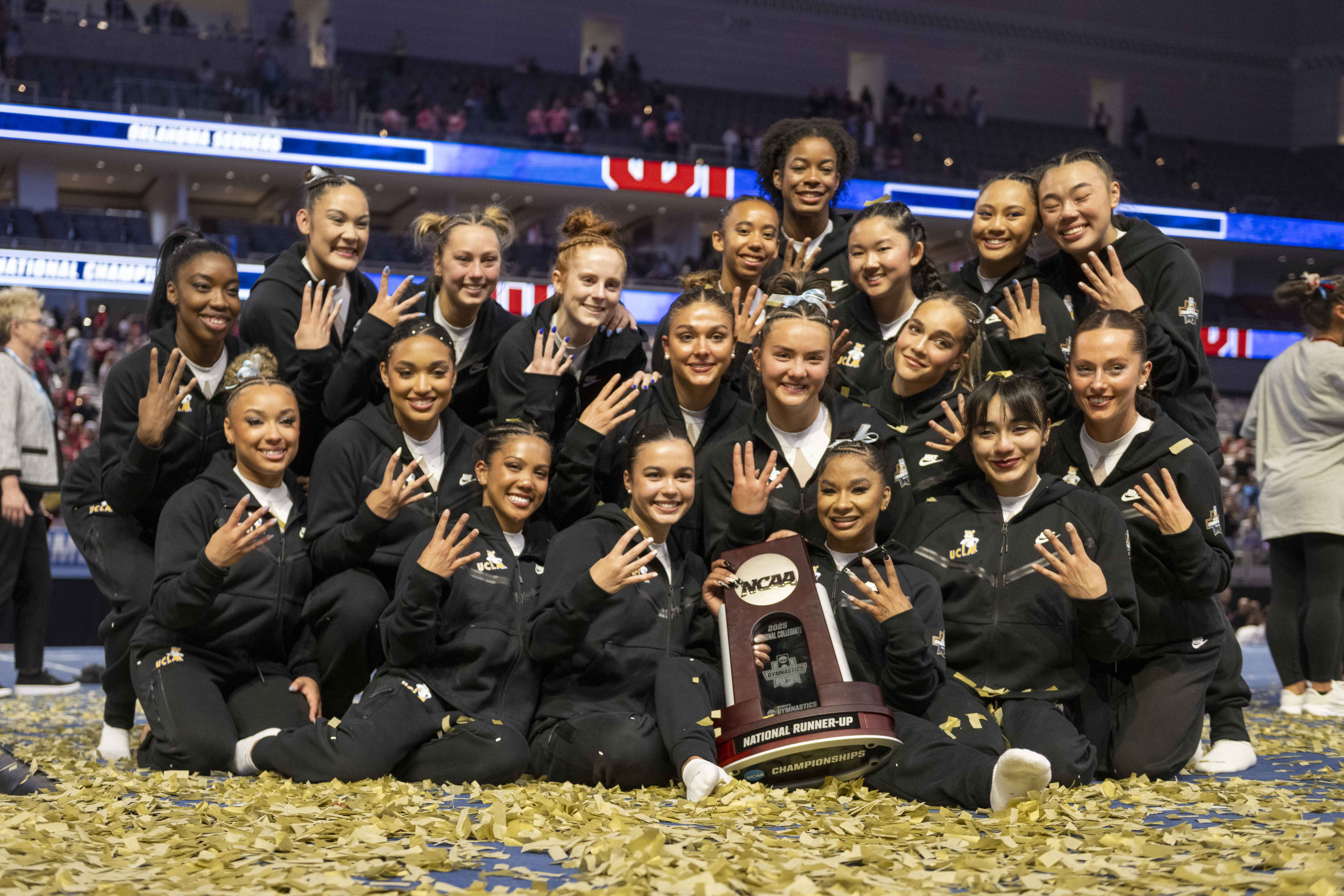
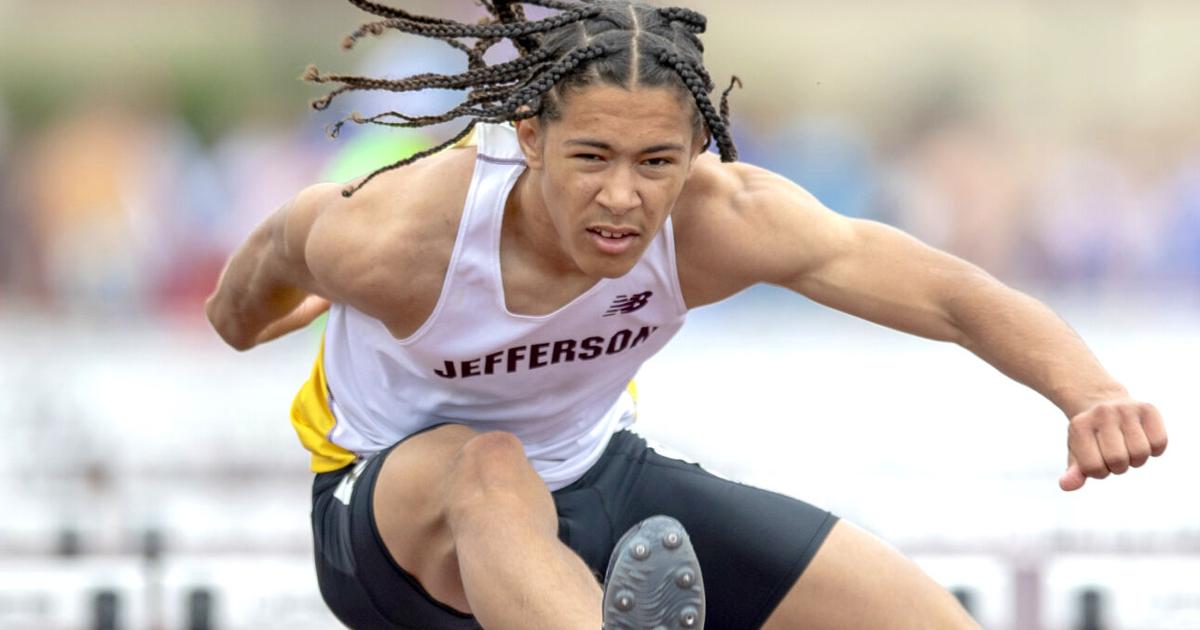
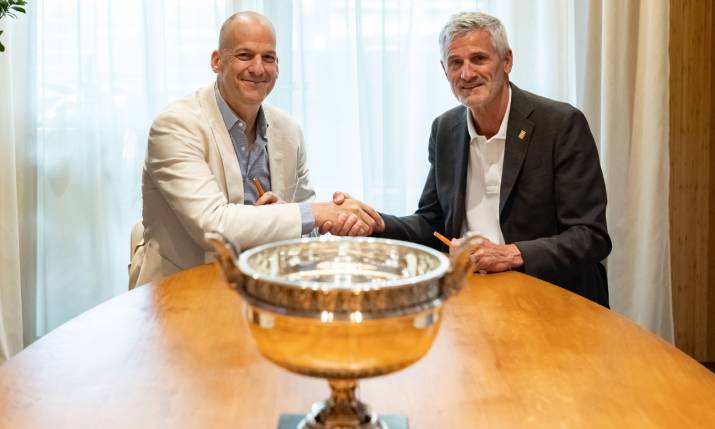
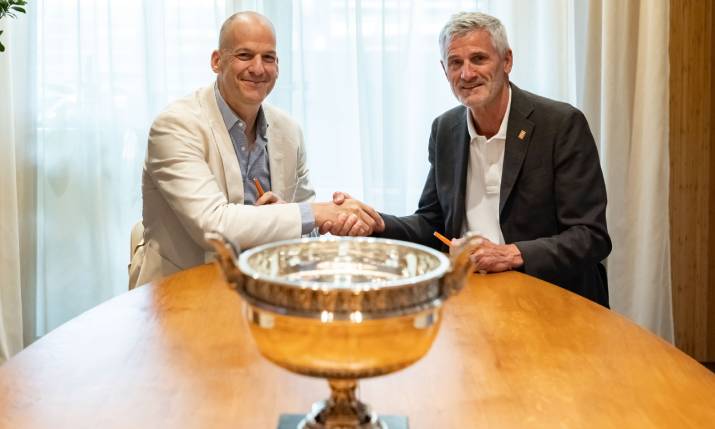
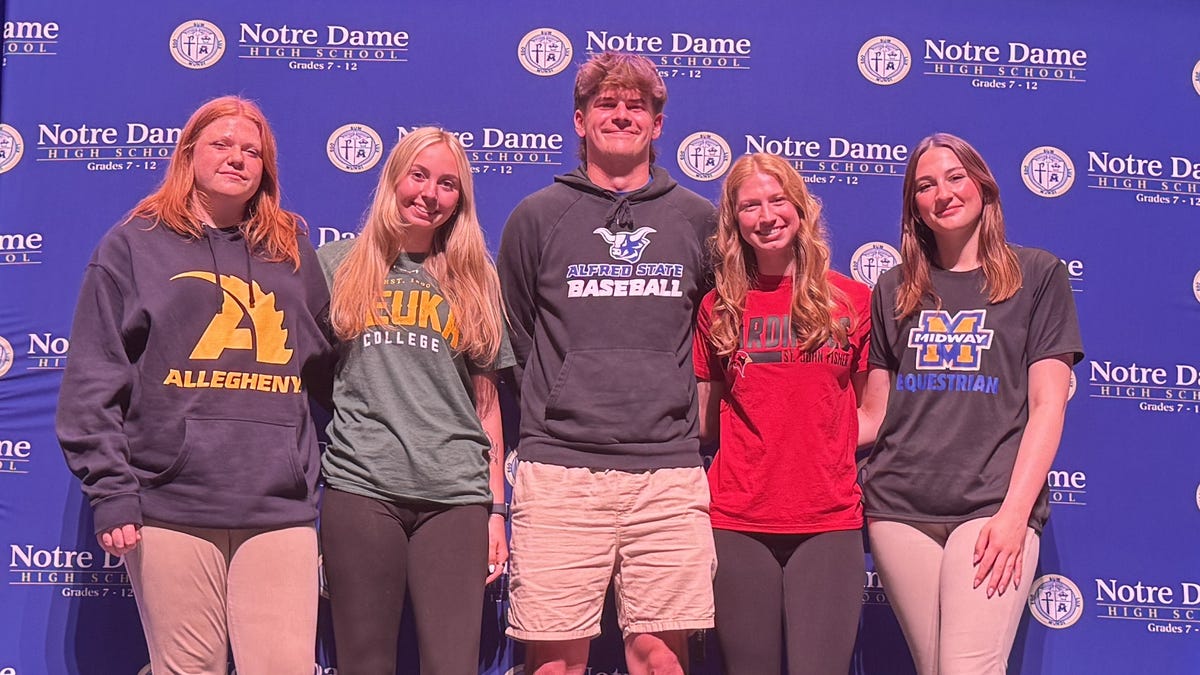
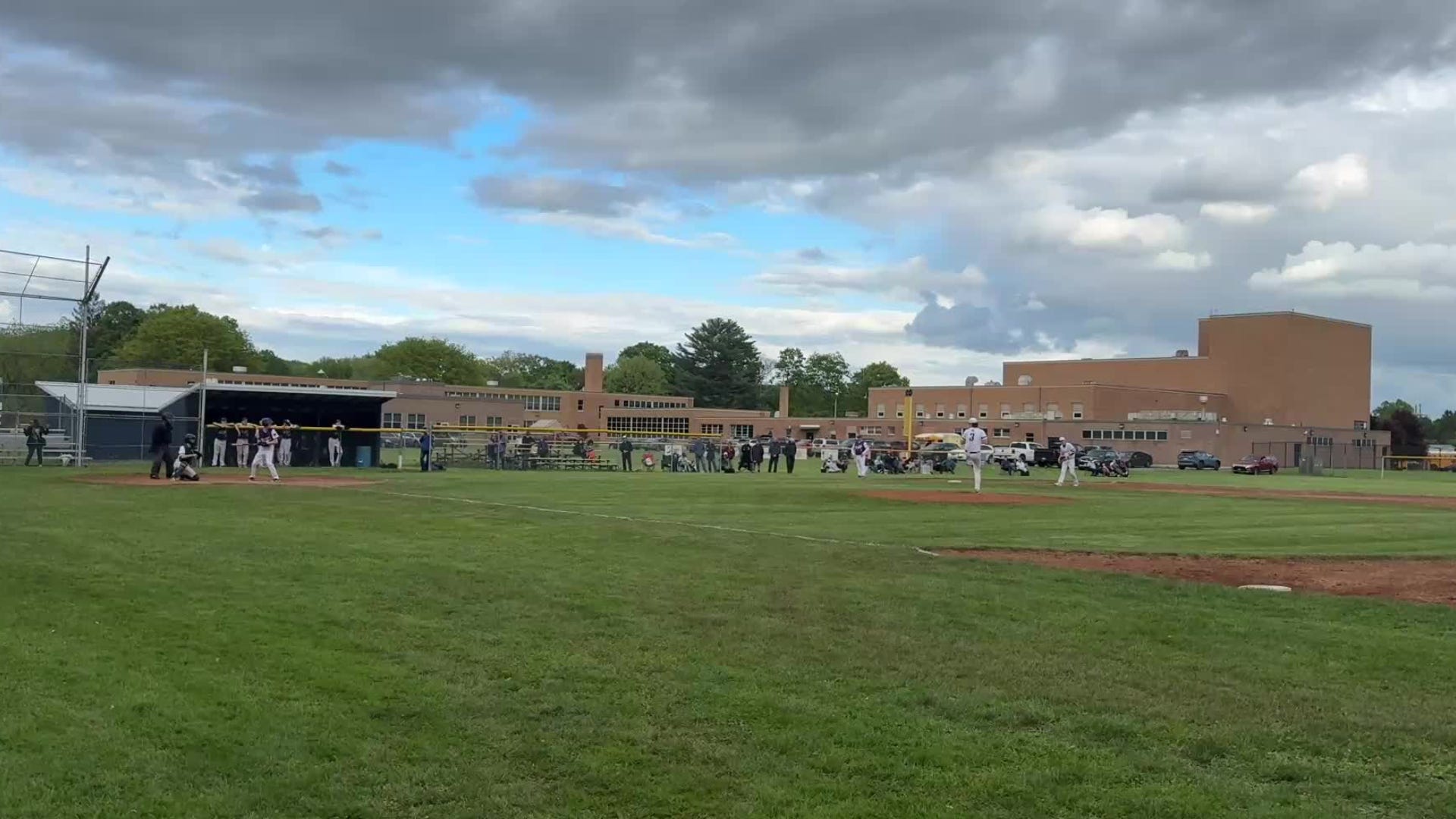
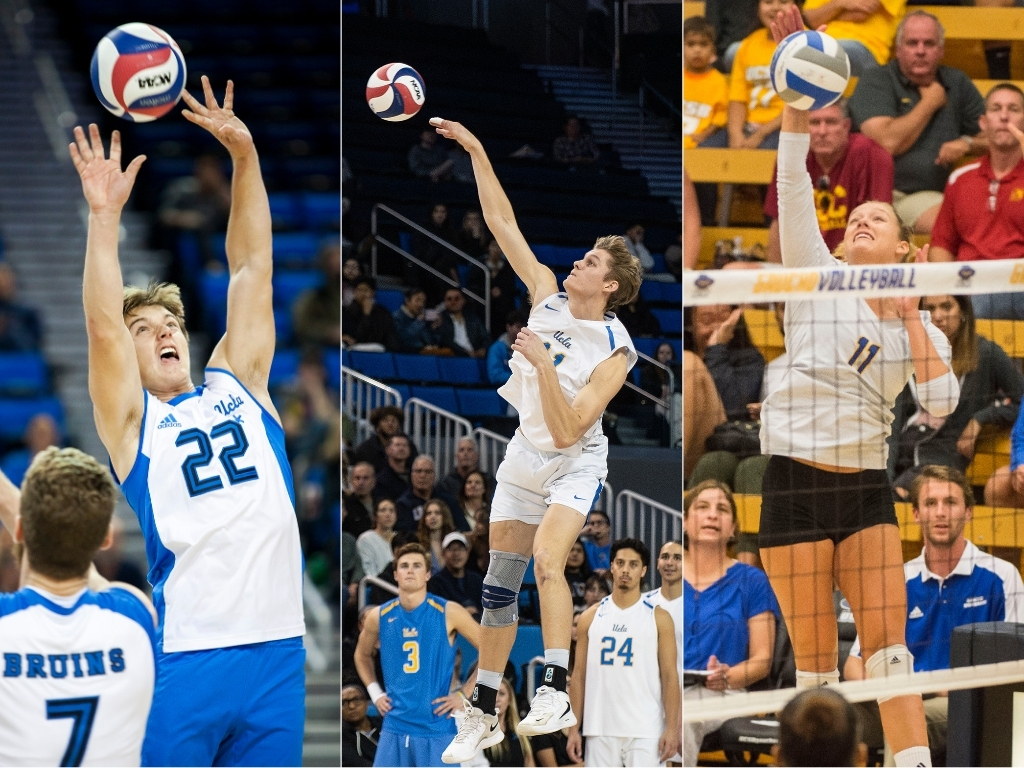
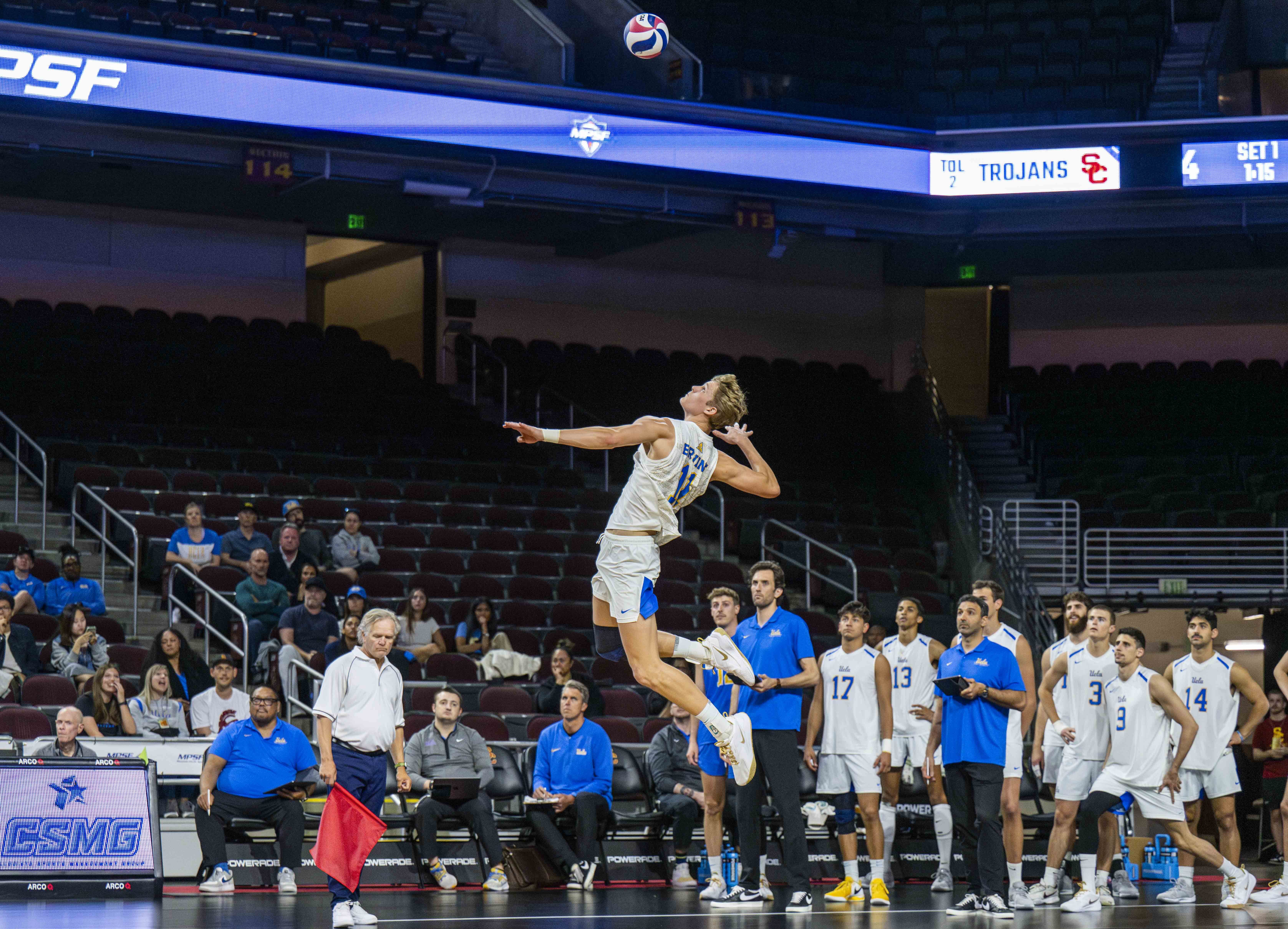

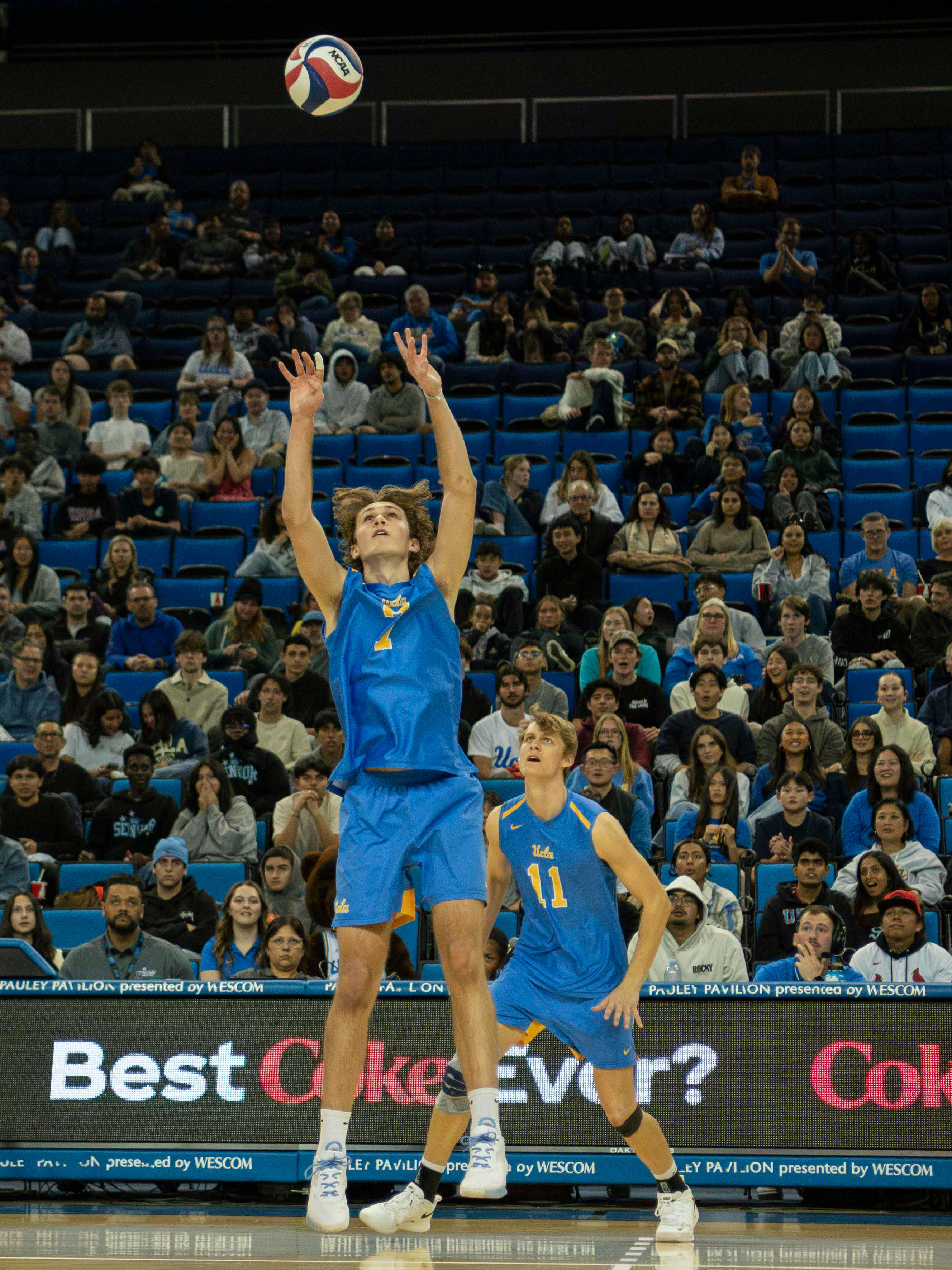























 STEPHEN A. CALLS OUT LEBRON for Giannis and NBA eras comments
STEPHEN A. CALLS OUT LEBRON for Giannis and NBA eras comments  | First Take
| First Take







